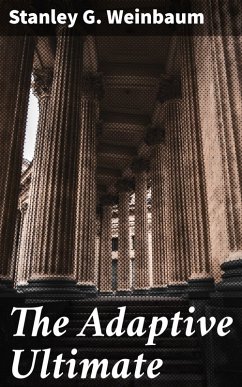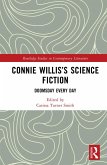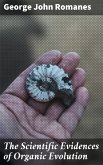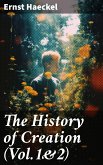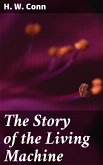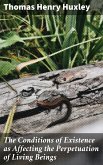In "The Adaptive Ultimate," Stanley G. Weinbaum explores the complex interplay between genetic engineering and human evolution, presenting a gripping narrative filled with richly imaginative speculative fiction. Set against the backdrop of early 20th century scientific advancements, the novella delves into themes of ambition, morality, and the precarious ethics surrounding the manipulation of life. With a distinctive style characterized by vivid descriptions and profound psychological insights, Weinbaum's work reflects the burgeoning interest in science fiction as a legitimate literary genre, firmly placing his narrative within the canon of early speculative literature. Stanley G. Weinbaum, a pivotal figure in the science fiction domain, wrote this thought-provoking piece during a time when advancements like genetics and molecular biology were just gaining traction. His unique background in physics and education provided him with a scientific foundation that informed his exploration of futuristic themes. Weinbaum's approach combines intellectual curiosity with emotional depth, revealing his keen awareness of the human condition even in the face of technological progress. Readers seeking a foundational text in speculative fiction will find "The Adaptive Ultimate" both enlightening and engaging. This novella not only challenges perceptions of human limitations but also serves as a cautionary tale about the consequences of unchecked scientific ambition. A must-read for enthusiasts of science fiction and ethical inquiry alike, it remains a timeless exploration of what it means to be human in an age of technological transformation.
Dieser Download kann aus rechtlichen Gründen nur mit Rechnungsadresse in A, B, BG, CY, CZ, D, DK, EW, E, FIN, F, GR, H, IRL, I, LT, L, LR, M, NL, PL, P, R, S, SLO, SK ausgeliefert werden.

